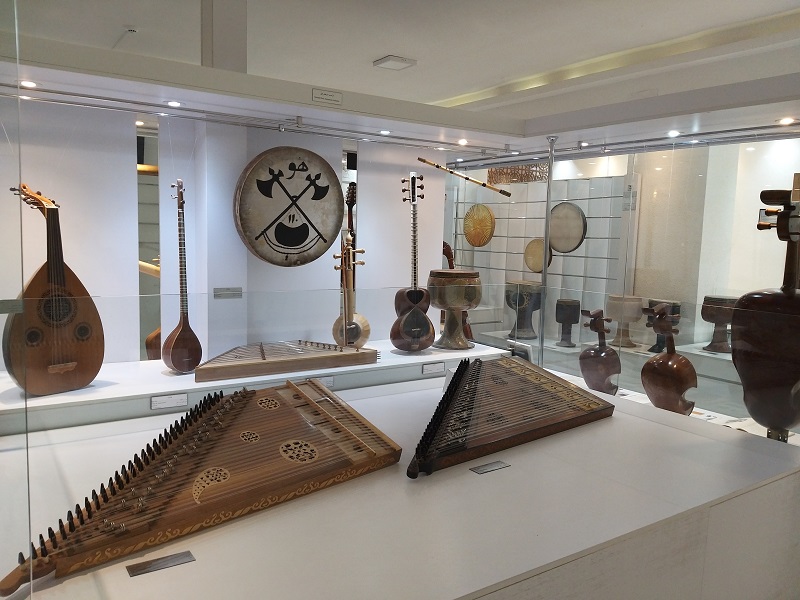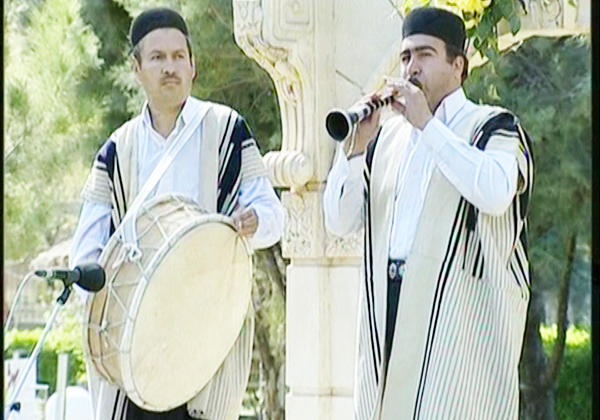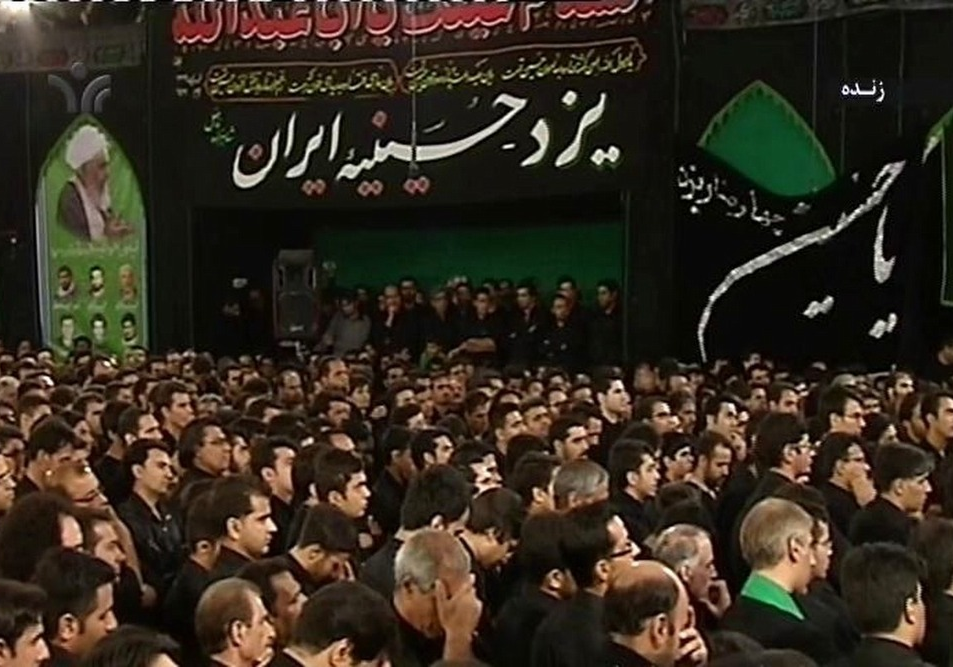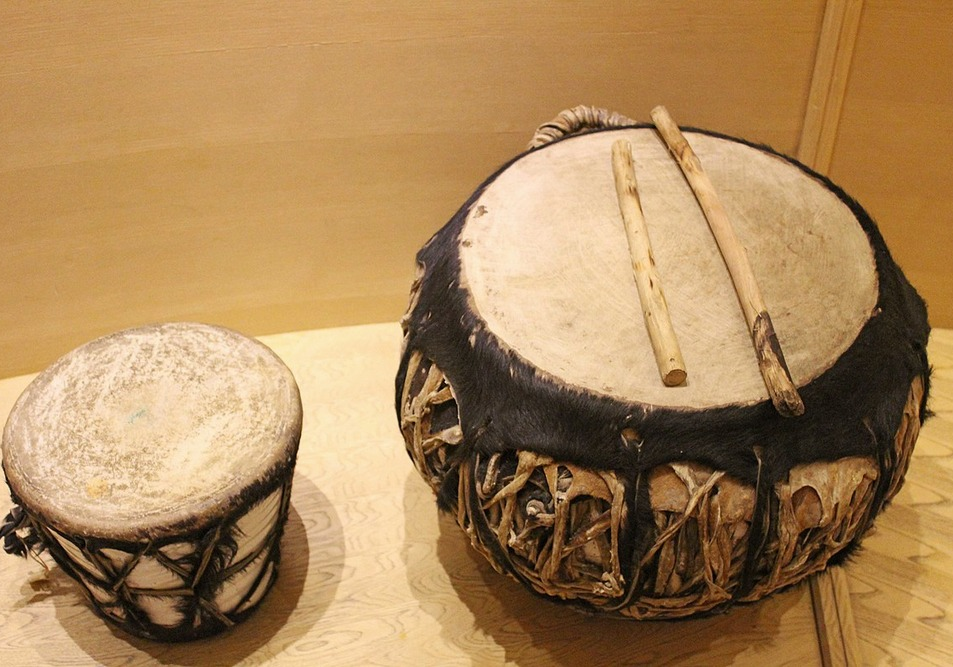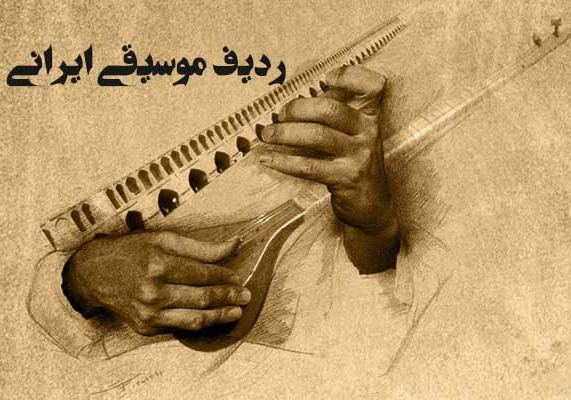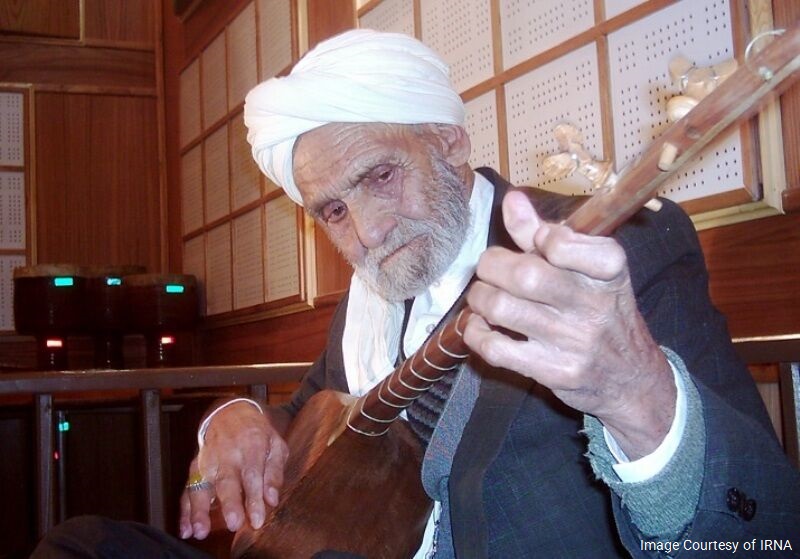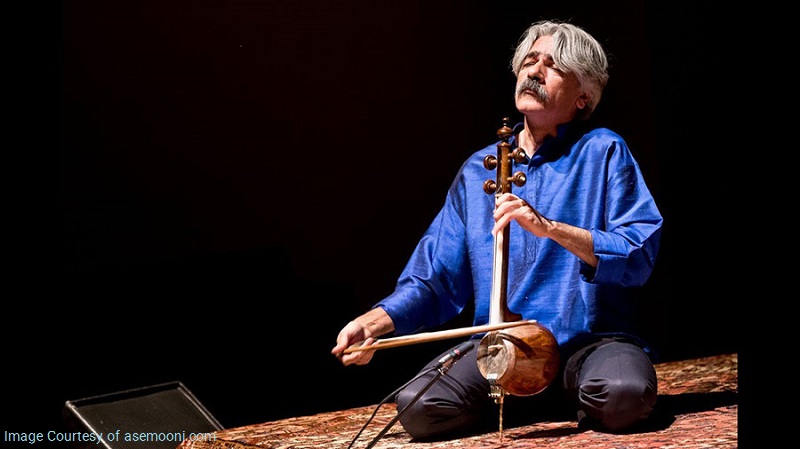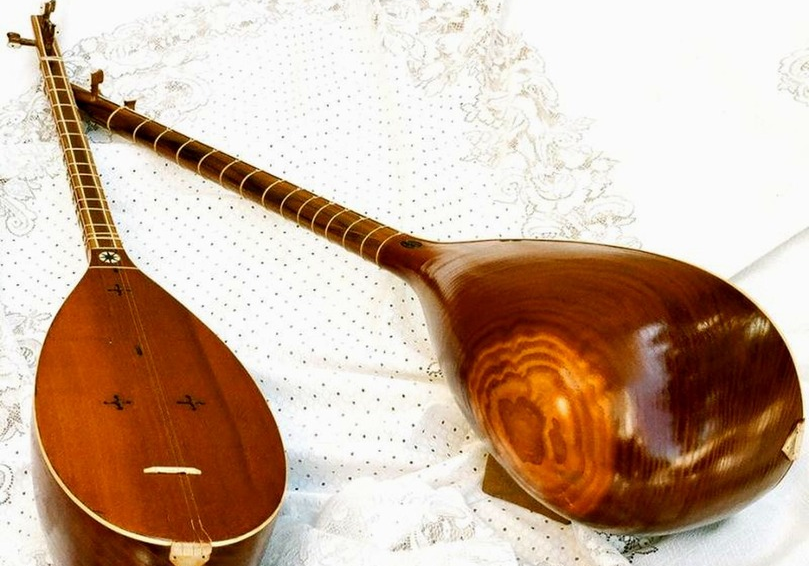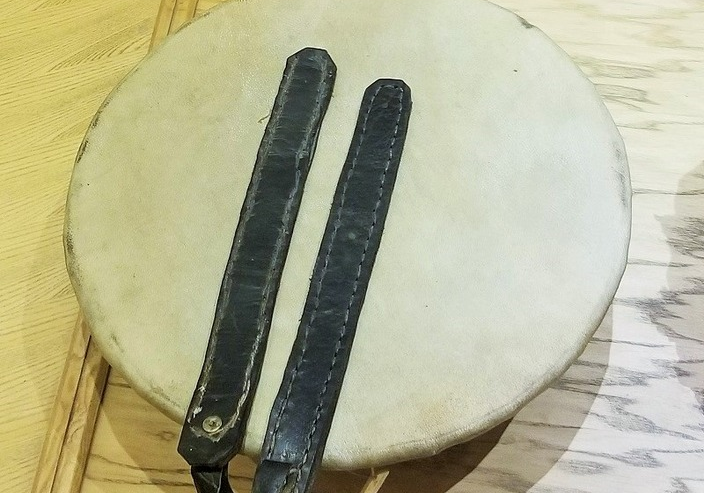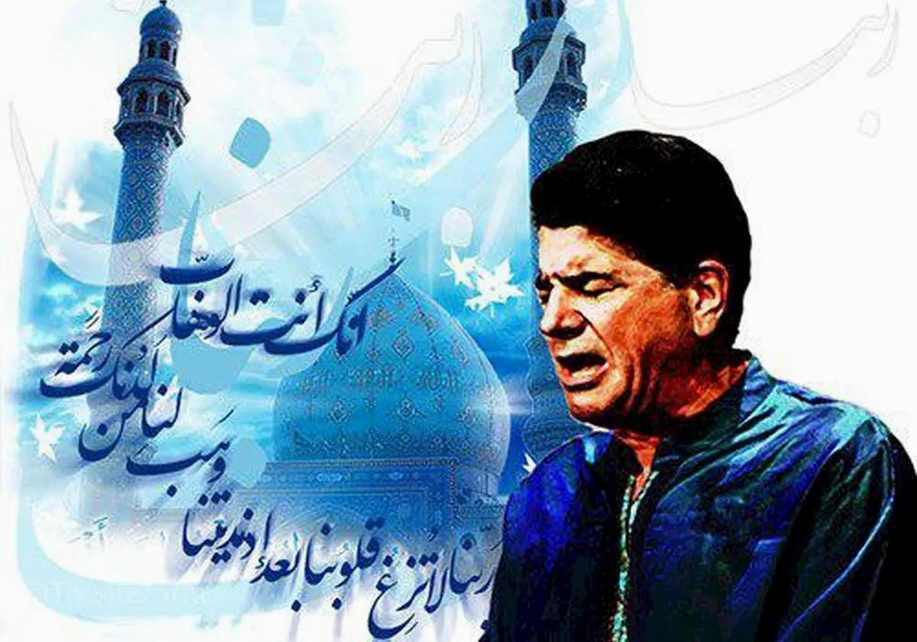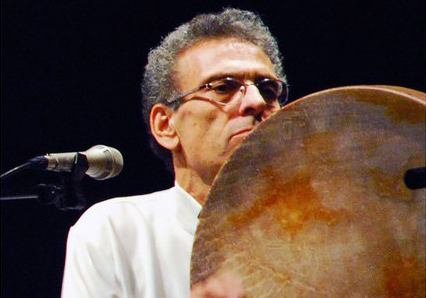
Ashiqi Music
Ashiqi Music
Due to its ethnic and cultural diversity, Iran has a rich collection of local music among which the traditional music of Azarbaijan is considered one of the oldest and most authentic schools of official music in Iran. This special style, which is called “Ashiqi music”, is the classical music of the people of Azarbaijan, and with minor differences in style and performance, it is performed in different Azari-speaking regions of Iran. This music has been inscribed as an intangible cultural heritage of East Azarbaijan.
Features of the Ashiqi Music of Azarbaijan
This music is a repertoire, consisting of different melodies and tones, which are called “qupuz” and “avaz”. Since the singers and performers of this type of music are called “Ashiq” (which means someone who is in love) in Azari language, this music is also known as Ashiqi. Improvisation is one of the main foundations of performing Ashiqi music.
The text of the lyrics that are sung in Ashiqi music express epic, religious, and romantic stories. In fact, the performance of Ashiqi music is based on the expression of a story. This feature is rooted in the minutiae of Iranian peoples, and examples of storytelling can be found in different types of traditional Iranian music.
The characters of Ashiqi music stories have very prominent moral characteristics. These features are usually mixed with physical strength and have become a cultural element known as “pahlevani” (lit. heroic) in Iranian culture. Chastity, honesty, philanthropy, fair treatment of other people, truthfulness, and benevolence are the characteristics of the characters of Ashiqi music stories.
The present-day style of performance of Ashiqs usually takes place in a group, in which, one or two Balanchi (one who plays Balaban) and Qavalchis (one who plays Dayereh) accompany the singer.
Famous Ashiqi Personalities
“Koroghlu” is one of the most famous characters in Ashiqi narratives. Despite the fact that some experts consider Koroghlu to be a real person, this character has a touch of myth, and traces of his history can also be found in the mythology of the Turkic-speaking countries of Central Asia. According to these people, Koroghlu lived in the lands under the Ottoman Empire in the 17th century. The story of Koroghlu was published in the form of a book in the 19th century. In this book, Koroghlu is a character who sometimes supports the Sultan and sometimes rebels against him in support of the oppressed people, but in the end, he engages in music and singing like a “lover” and travels from one city to another.
Many love stories are also narrated in Ashiqi songs, the most famous of which is the story of “Asli and Karam”; the two lovers who represent a model of Iranian lyrical stories.
There is a verbal conflict called “denishmeh” (lit. debate), which is very common among the Ashiqs and in which the two sides try to defeat each other in a debate and question and answer. This form of Ashiqi music is usually improvised; i.e. one Ashiq asks questions and the other one must answer him with poetry at the same moment. This literary battle continues until one of the two Ashiqs fails to continue. These Ashiqi struggles have had a worthy role in the development of Ashiqi oral literature and have been one of the important ways of developing this style of music in Azarbaijan.
Ashiqs Are the Preservers of Azari Culture
Ashiqs are self-made artists who emerge from among people and gain acceptance by showing their art and talent. An Ashiq must master poetry, compose music, and master singing and playing music. An Ashiq is both an actor and a storyteller. Along with all the techniques that Ashiqs learn, they must also excel in creativity.
Ashiqs have not just been guests of Azarbaijani people’s gatherings, rather, with their efforts, they also have spread ethnic wisdom and mystical and religious values. This is why the lives and stories of the prophets, along with the narratives of heroes, great men, and social models, have a prominent presence in their songs. This presence is so interesting that Ashiqi music can be considered a reflection of the culture and history of Azari-speaking lands.
Due to its ethnic and cultural diversity, Iran has a rich collection of local music among which the traditional music of Azarbaijan is considered one of the oldest and most authentic schools of official music in Iran.
| Name | Ashiqi Music |
| Country | Iran |
| Type | String |
| Works | folk music |
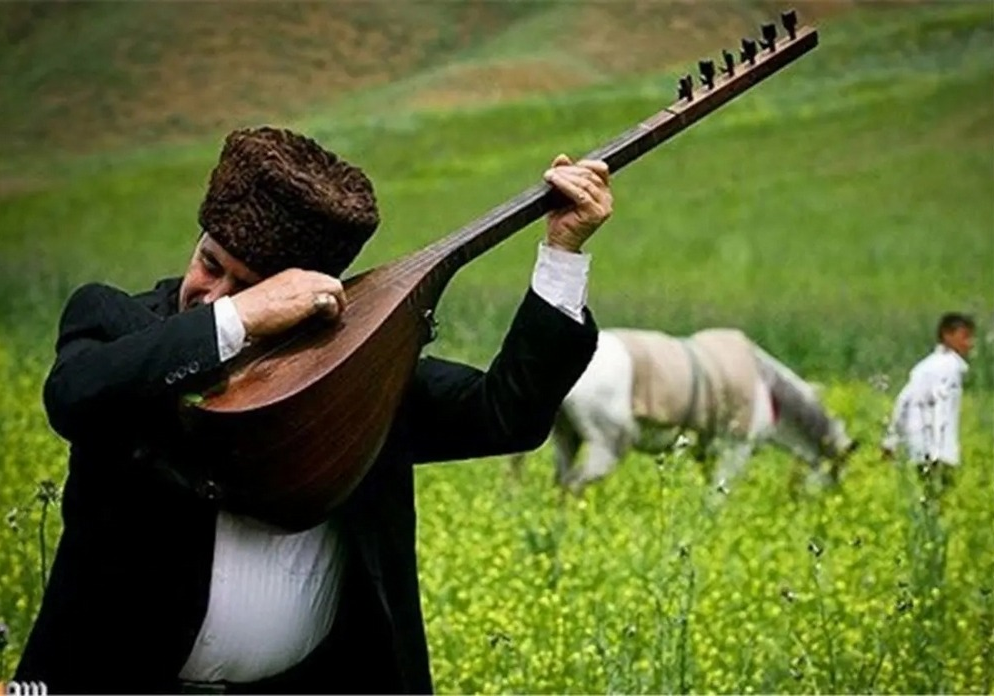
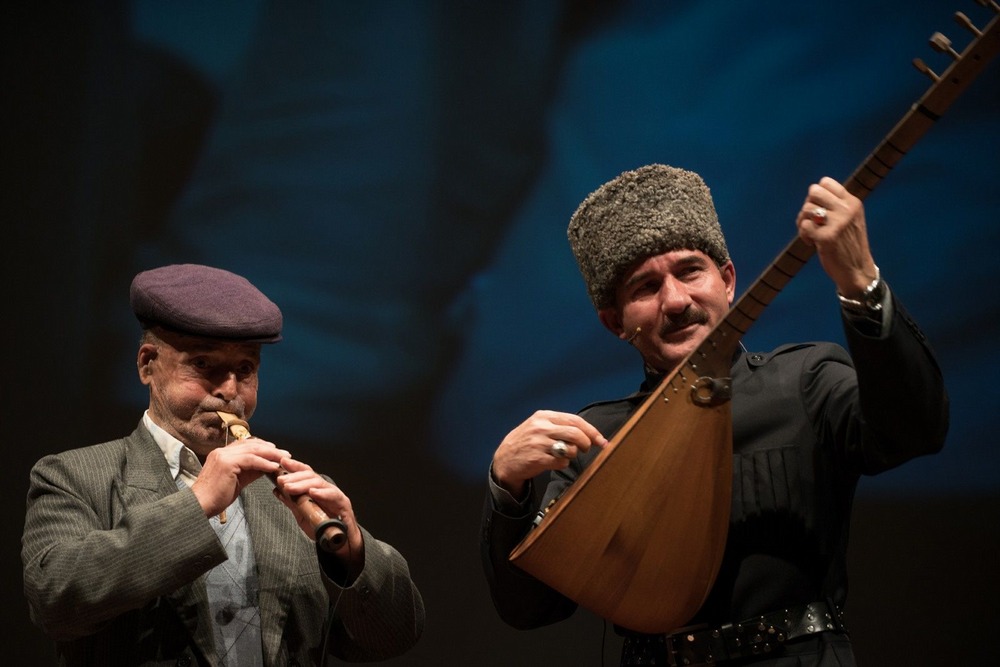


Choose blindless
Red blindless Green blindless Blue blindless Red hard to see Green hard to see Blue hard to see Monochrome Special MonochromeFont size change:
Change word spacing:
Change line height:
Change mouse type:
